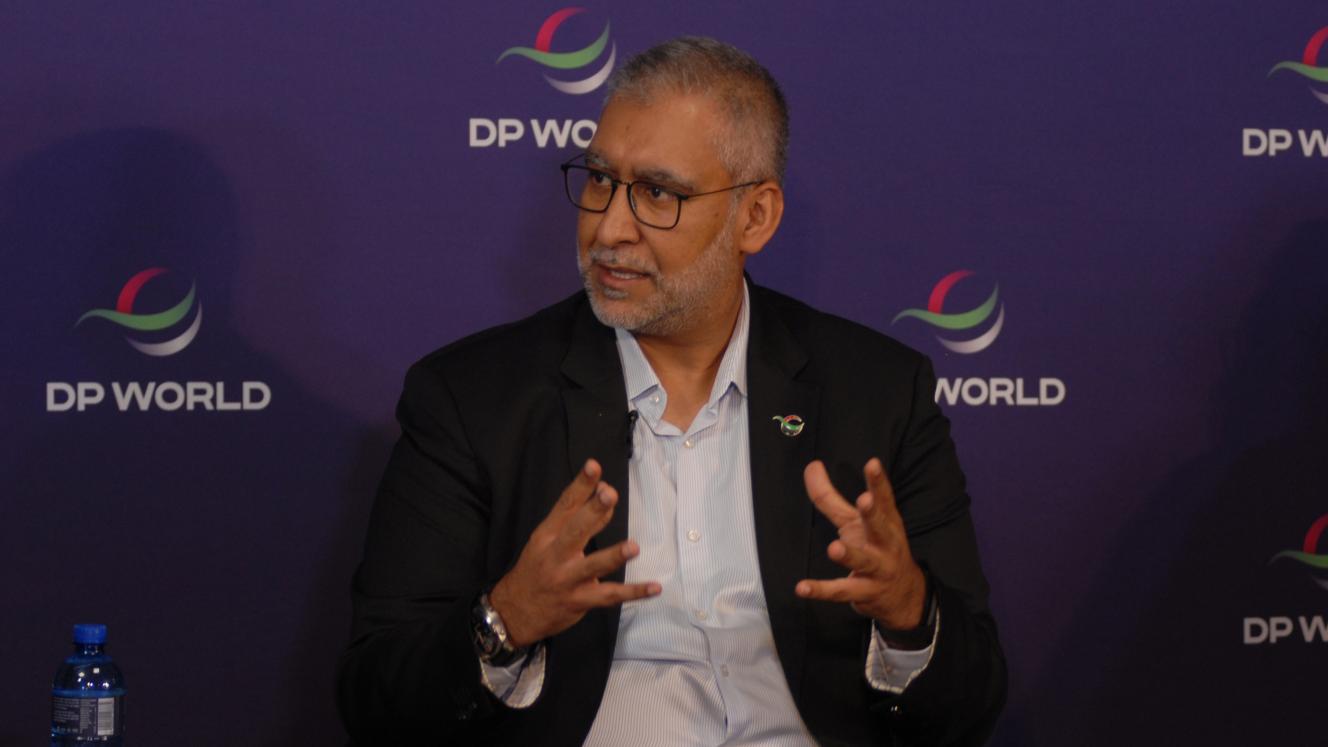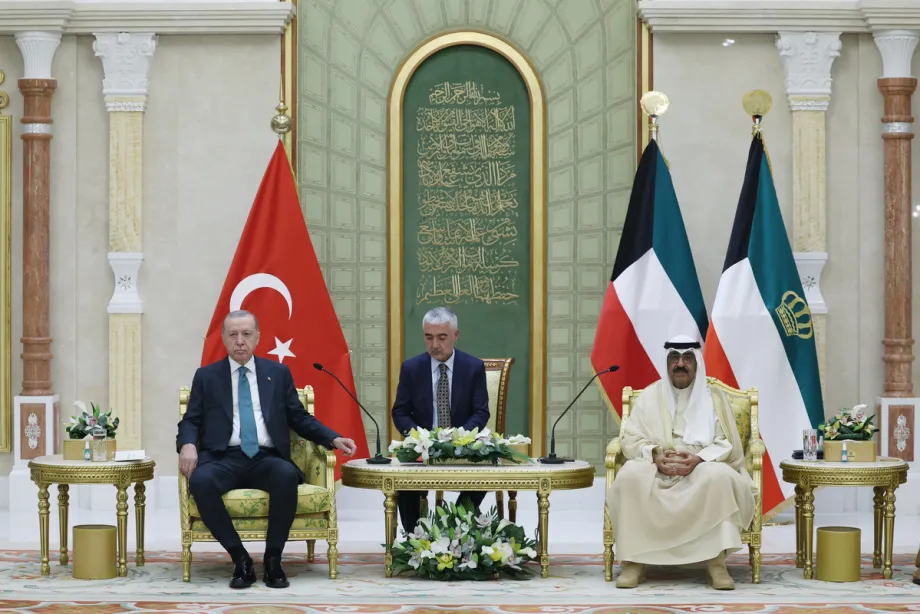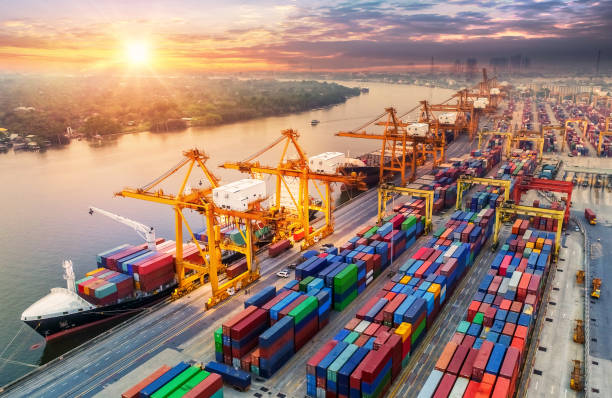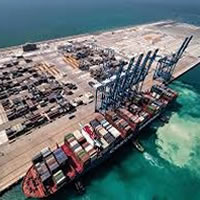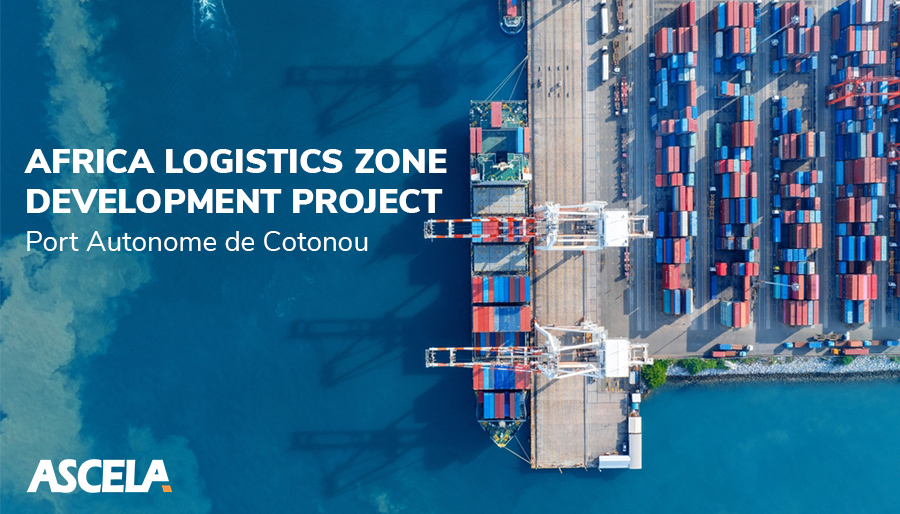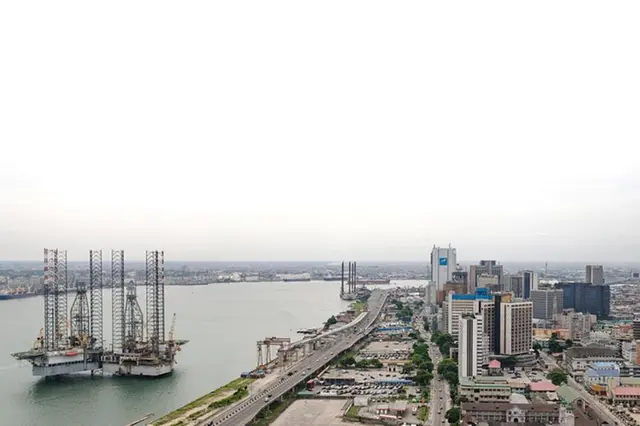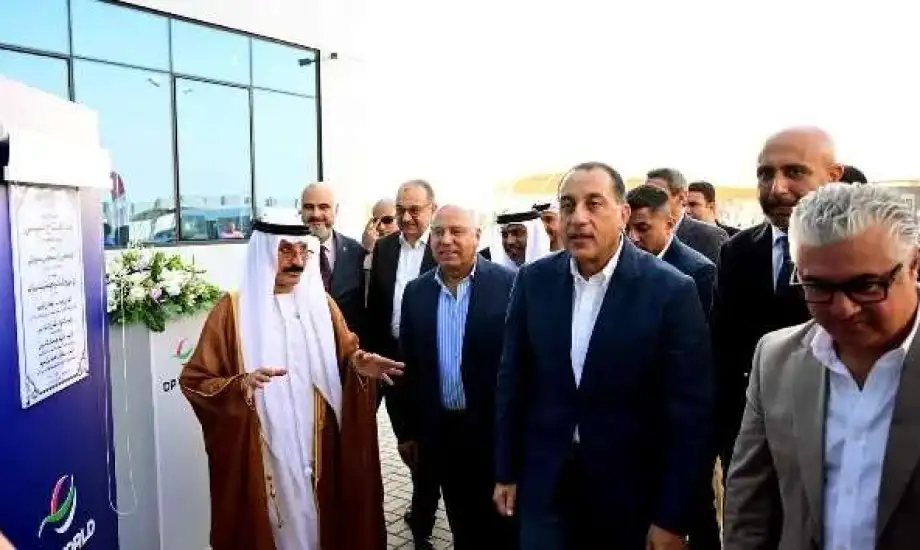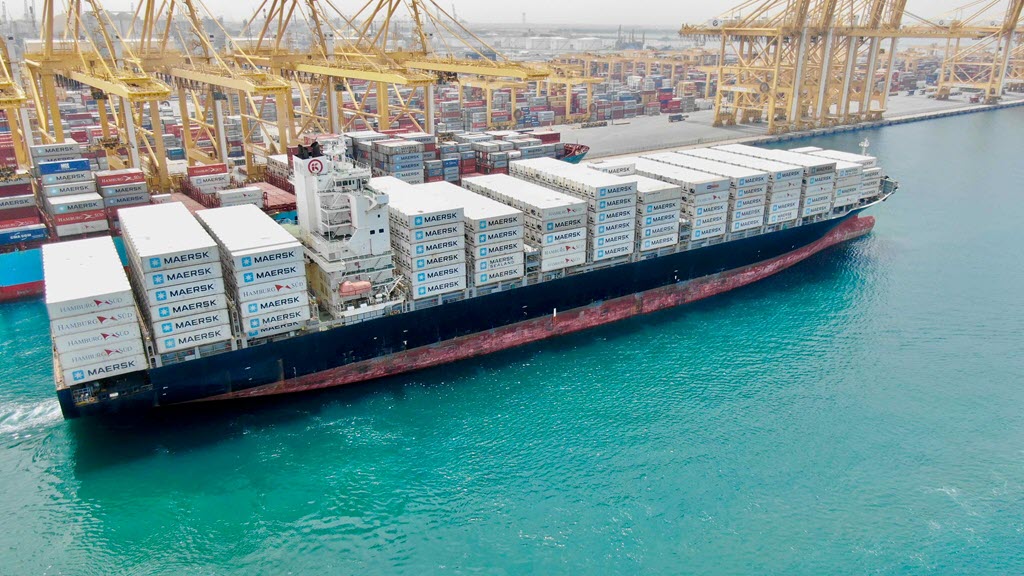Sea

Arbitrary shipping costs threaten $3tr AfCFTA trade
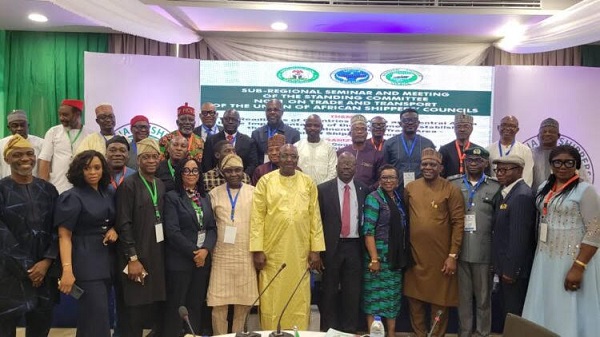
The Federal Government has called on member states of the Union of African Shippers’ Councils (UASC) to take collective action against arbitrary shipping surcharges and unfair freight practices that continue to undermine trade competitiveness across West and Central Africa.
Minister of Marine and Blue Economy, Adegboyega Oyetola, made the call while declaring open the Sub-Regional Seminar and Meeting of the UASC Standing Committee No. 1 in Lagos.
The two-day event brought together delegates from 19 countries, maritime regulators, trade agencies, and logistics experts to review strategies for boosting trade readiness under the African Continental Free Trade Area (AfCFTA).
Oyetola, represented by the ministry’s Permanent Secretary, Olufemi Oloruntola, stressed that the time had come for regional collaboration to address persistent challenges in port logistics, trade facilitation, and shipping cost regulation, all of which threaten the continent’s ability to harness AfCFTA’s full benefits.
He said: “Arbitrary surcharges and high freight rates continue to erode trade competitiveness, placing undue burdens on importers and exporters. It is imperative for member states, through UASC, to engage constructively with shipping lines and international partners to ensure transparency, fairness, and equity in freight rate determination.”
The minister described AfCFTA as a “game-changing opportunity” for Africa’s economic transformation, offering access to a single market of over 1.4 billion people with a combined GDP exceeding $3 trillion. He warned, however, that without coordinated efforts to address logistics inefficiencies and unfair shipping practices, African economies risk being left behind.
“Our vision is to build a resilient maritime transport system that supports inclusive growth and sustainable economic development. Together, we can make West and Central Africa a model of effective cooperation and readiness under AfCFTA,” Oyetola added.
He reaffirmed Nigeria’s commitment to implementing resolutions from the meeting, noting that collective effort remains key to positioning the region as a competitive bloc in global trade.
Also speaking, the Executive Secretary/CEO of Nigerian Shippers’ Council (NSC), Dr. Pius Akutah, said AfCFTA presents an opportunity for Africa to deepen regional integration, expand industrial capacity, and enhance participation in global value chains.
He explained that in Nigeria, the Council has been implementing policies to improve port efficiency, promote multimodal transport, and develop inland dry ports and logistics hubs—critical enablers of AfCFTA and the World Trade Organisation’s Trade Facilitation Agreement (TFA).
Expressing concern over the recent peak season surcharge introduced by some shipping lines, the NSC chief cautioned that arbitrary charges pose serious threats to trade growth and regional competitiveness.
“Through constructive engagement at this forum, we can develop a unified regional position that promotes fairness, transparency, and sustainability in shipping practices. Our deliberations should lead to practical measures that enhance efficiency, reduce the cost of trade, and improve the overall competitiveness of our economies,” he said.
The Secretary-General of UASC, Abdurahman Abba Kafougou, said the Lagos meeting builds on the outcomes of the Union’s last engagement in Luanda, Angola, in February 2024, and marks another step toward harmonising trade practices across the continent.
He explained that Standing Committee No. 1 (Transport and Trade) and Standing Committee No. 2 (Cooperation and Regulation) serve as UASC’s technical arms, driving studies and recommendations that shape policy direction across member states.
Kafougou noted that discussions at the Lagos forum would focus on maximising AfCFTA opportunities for shippers, proper application of Incoterms 2020, reducing cargo delivery time and costs, and developing reliable cross-border information platforms.
“These issues are crucial to reducing trade bottlenecks and improving competitiveness across our sub-region. I encourage all experts present to engage in in-depth discussions that will lead to actionable recommendations for adoption by the UASC Executive Committee,” he said.
He commended Nigeria and the NSC for their leadership and continued support to UASC’s regional agenda, describing the meeting as “another milestone in strengthening trade and transport cooperation among member states.”
In his remarks, the Director-General of the Nigerian Maritime Administration and Safety Agency (NIMASA), Dr. Dayo Mobereola, underscored the need to address digitalisation, infrastructure, and connectivity challenges for AfCFTA readiness.
Represented by Nneka Obiano, a NIMASA Director, Mobereola said the agency is advancing the digitalisation of maritime operations and pushing for an integrated port community system to streamline processes and enhance efficiency.
“A fully integrated port community system is an urgent necessity for achieving AfCFTA’s goals,” he said, noting that NIMASA will continue to strengthen collaboration with the Shippers’ Council and other UASC members.
Similarly, the Comptroller-General, Nigeria Customs Service (NCS), Adewale Adeniyi, represented by Comptroller Emmanuel Oshoba, called for pragmatic reforms to address regional trade facilitation challenges.
He highlighted the importance of adopting competitive freight pricing mechanisms and aligning customs procedures with AfCFTA’s framework to enhance economic integration.
“Aligning customs processes with AfCFTA objectives will help reduce trade barriers and promote competitiveness across Africa,” Adeniyi stated.
As the two-day UASC seminar and meeting, hosted by the Nigerian Shippers’ Council, continues, participants are expected to produce resolutions that will guide policy harmonisation and shape maritime trade frameworks across West and Central Africa in line with the AfCFTA’s objectives.




